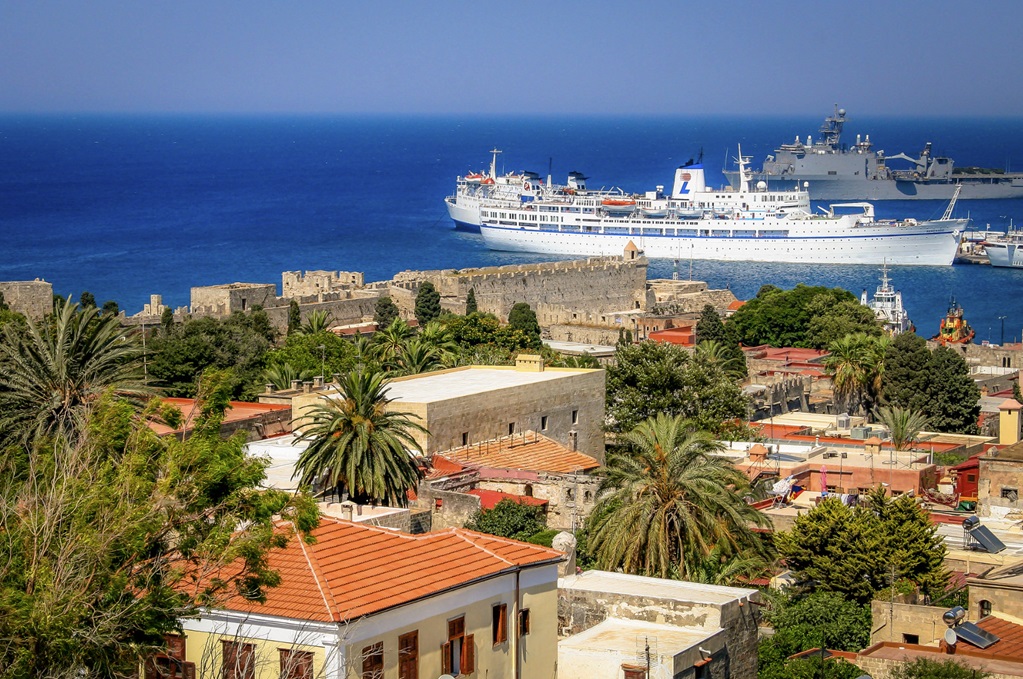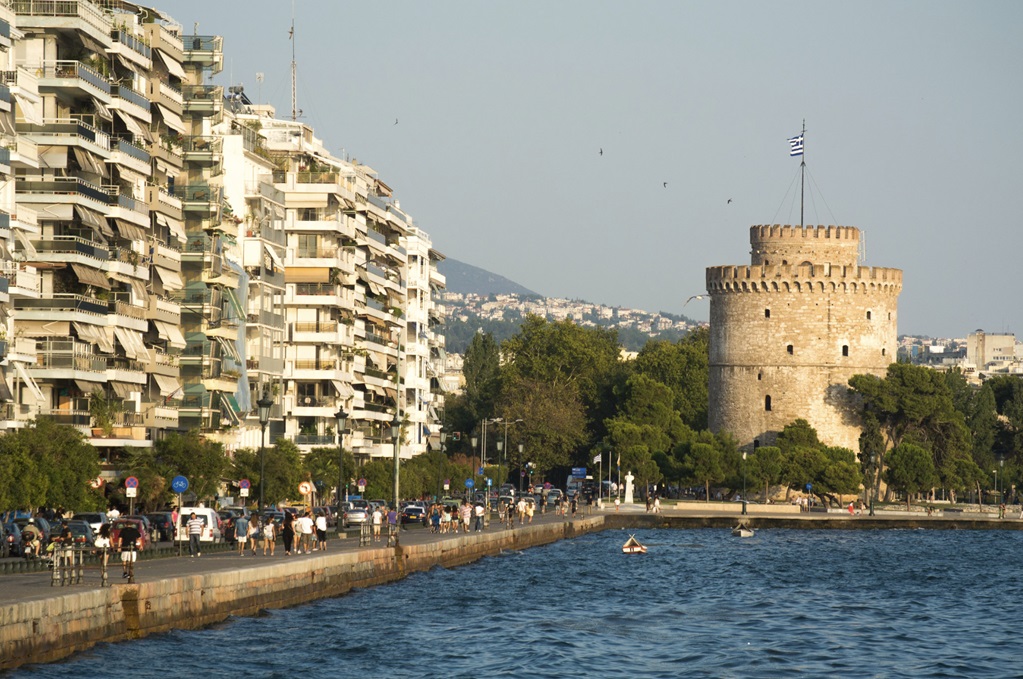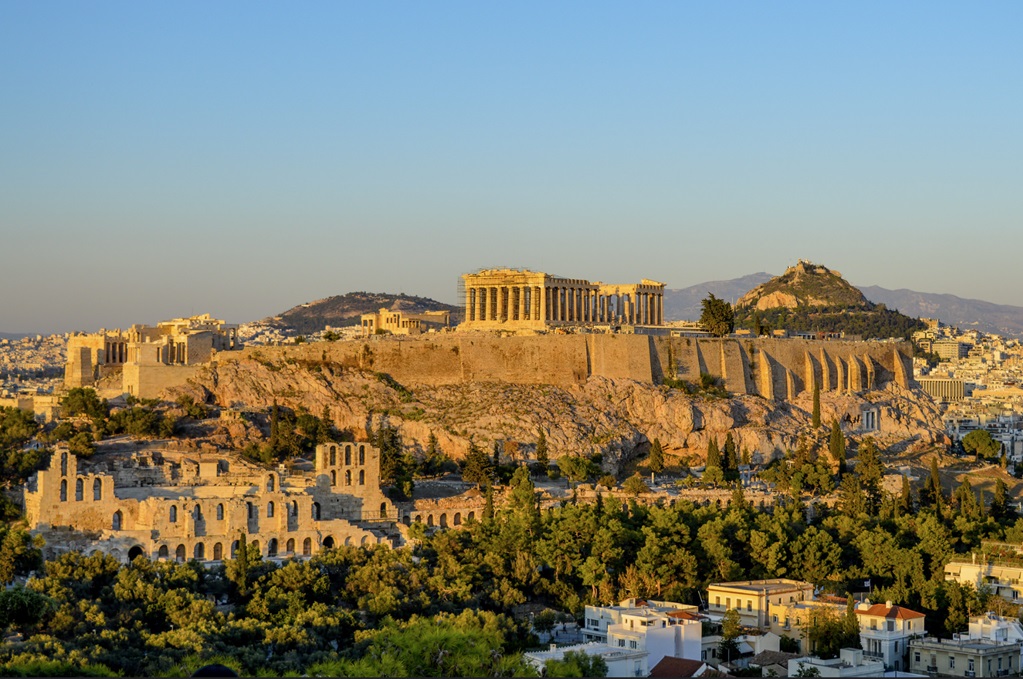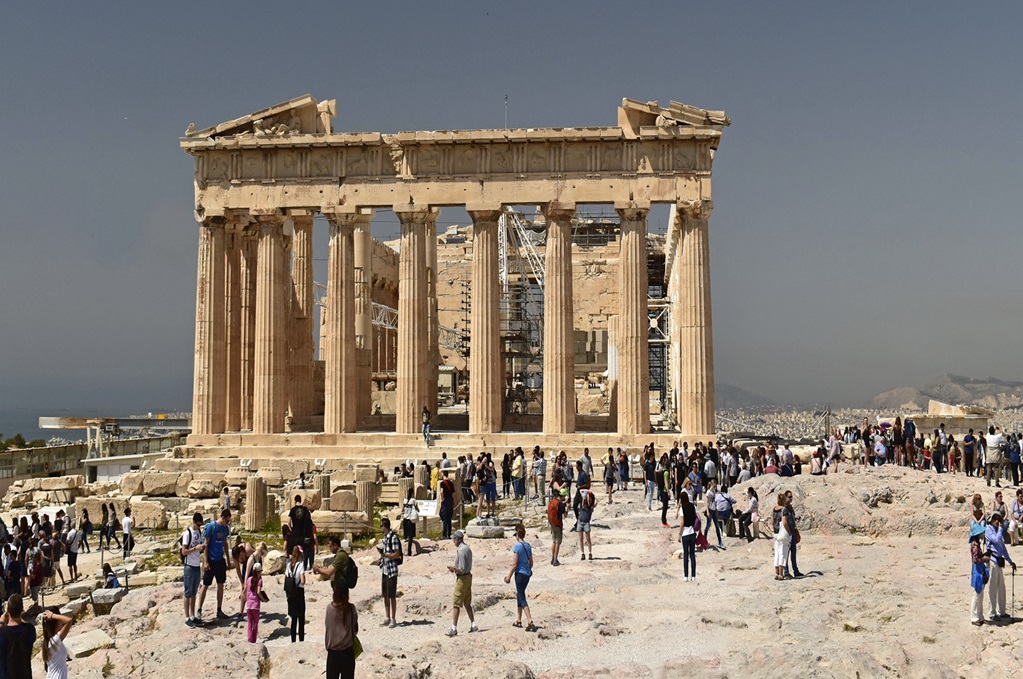More Than 500 Greek ?eaches Awarded Blue Flag Status
Ktimatoemporiki Real Estate - 2021-05-20

More Than 500 Greek ?eaches Awarded Blue Flag Status
A total of 545 beaches in Greece were awarded the prestigious Blue Flag award for 2021, putting the country in second place among 49 countries, according to data released by the Greek section of the Foundation for Environmental Education (FEE).
The Halkidiki peninsula in northern Greece, renowned for its golden sand and turquoise waters, swept most of the 545 awards, earning 155 flags.
Crete, with more than 120 green flags, follows and Rhodes, which is in third place with 63. In Attica, the popular beaches of Varkiza, Voula and Vouliagmeni all passed muster as well.
A map with all the locations in Greece and elsewhere that will be awarded this year is available at www.blueflag.global.
Blue Flag states on its website that the final Blue Flag maps and numbers of the Blue Flag awarded sites for the 2021 season will be officially presented on May 25.
The iconic Blue Flag is one of the world’s most recognized voluntary eco-labels awarded to beaches, marinas, and sustainable boating tourism operators. In order to qualify for the blue flag, a series of stringent environmental, educational, safety, and accessibility criteria must be met and maintained.
Certificates, which the FEE refers to as awards, are issued on an annual basis to beaches and marinas of FEE member countries.
The Blue Flag was created in France in 1985, as a pilot scheme from the Office of the Foundation for Environmental Education in Europe where French coastal municipalities were awarded the Blue Flag on the basis of criteria covering sewage treatment and bathing water quality.
1987 was the “European Year of the Environment” and the European Commission was responsible for developing the European Community activities of that year.
The Foundation for Environmental Education in Europe (FEEE) presented the concept of the Blue Flag to the commission, and it was agreed to launch the Blue Flag Programme as one of several “European Year of the Environment” activities in the Community.
Blue flag beaches and pristine swimming waters in Greece
The EU environment agency, or EEA, released a report in June 2020 which declares that Greece is among the top five European nations in terms of the cleanliness of its swimming waters, while Cyprus is at the very top of the list.
A country-by-country breakdown showed that in five nations — Cyprus, Austria, Malta, Greece, and Croatia — at least 95 percent of swimming waters were considered to be of “excellent” quality. The study covered the 27-nation bloc, as well as the UK, Albania and Switzerland.
Swimming waters are quality classified according to two microbiological parameters, the presence of the bacteria Escherichia coli and Intestinal enterococci.
In Greece, a total of 97.6 percent of reported swimming areas are in line with the minimum quality standards and are thus classified as “sufficient” or better. 95.7 percent are classified as “excellent.” No swimming area in the entire country was classified as “poor”.
A total of 545 beaches in Greece were awarded the prestigious Blue Flag award for 2021, putting the country in second place among 49 countries, according to data released by the Greek section of the Foundation for Environmental Education (FEE).
The Halkidiki peninsula in northern Greece, renowned for its golden sand and turquoise waters, swept most of the 545 awards, earning 155 flags.
Crete, with more than 120 green flags, follows and Rhodes, which is in third place with 63. In Attica, the popular beaches of Varkiza, Voula and Vouliagmeni all passed muster as well.
A map with all the locations in Greece and elsewhere that will be awarded this year is available at www.blueflag.global.
Blue Flag states on its website that the final Blue Flag maps and numbers of the Blue Flag awarded sites for the 2021 season will be officially presented on May 25.
The iconic Blue Flag is one of the world’s most recognized voluntary eco-labels awarded to beaches, marinas, and sustainable boating tourism operators. In order to qualify for the blue flag, a series of stringent environmental, educational, safety, and accessibility criteria must be met and maintained.
Certificates, which the FEE refers to as awards, are issued on an annual basis to beaches and marinas of FEE member countries.
The Blue Flag was created in France in 1985, as a pilot scheme from the Office of the Foundation for Environmental Education in Europe where French coastal municipalities were awarded the Blue Flag on the basis of criteria covering sewage treatment and bathing water quality.
1987 was the “European Year of the Environment” and the European Commission was responsible for developing the European Community activities of that year.
The Foundation for Environmental Education in Europe (FEEE) presented the concept of the Blue Flag to the commission, and it was agreed to launch the Blue Flag Programme as one of several “European Year of the Environment” activities in the Community.
Blue flag beaches and pristine swimming waters in Greece
The EU environment agency, or EEA, released a report in June 2020 which declares that Greece is among the top five European nations in terms of the cleanliness of its swimming waters, while Cyprus is at the very top of the list.
A country-by-country breakdown showed that in five nations — Cyprus, Austria, Malta, Greece, and Croatia — at least 95 percent of swimming waters were considered to be of “excellent” quality. The study covered the 27-nation bloc, as well as the UK, Albania and Switzerland.
Swimming waters are quality classified according to two microbiological parameters, the presence of the bacteria Escherichia coli and Intestinal enterococci.
In Greece, a total of 97.6 percent of reported swimming areas are in line with the minimum quality standards and are thus classified as “sufficient” or better. 95.7 percent are classified as “excellent.” No swimming area in the entire country was classified as “poor”.
Greece Property News|More Than 500 Greek ?eaches Awarded Blue Flag Status
Source: greekreporter.com







